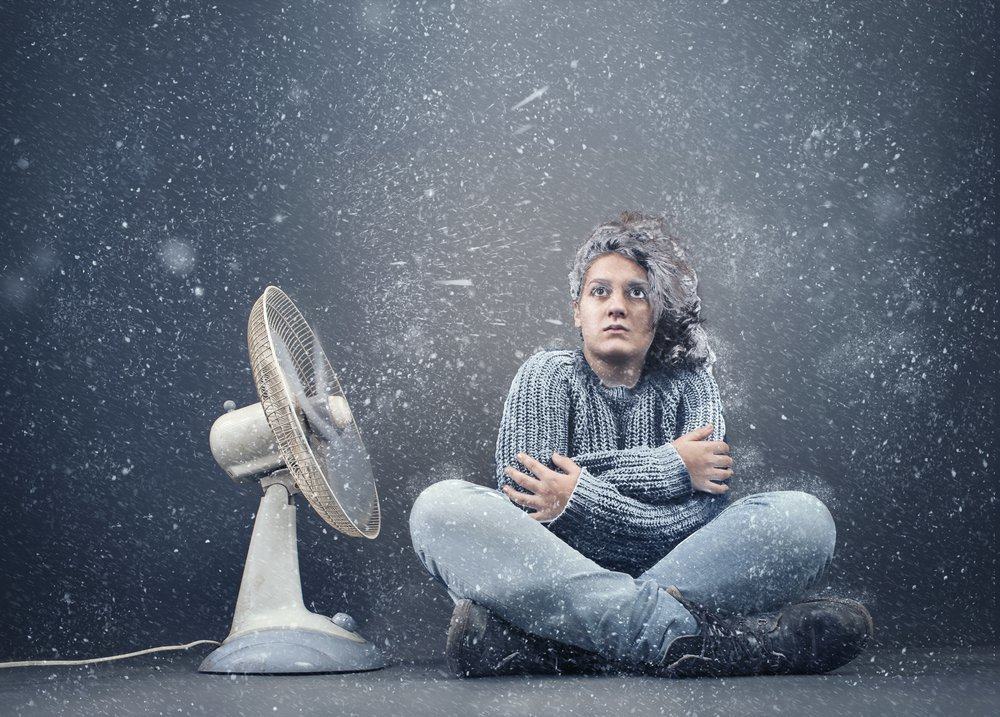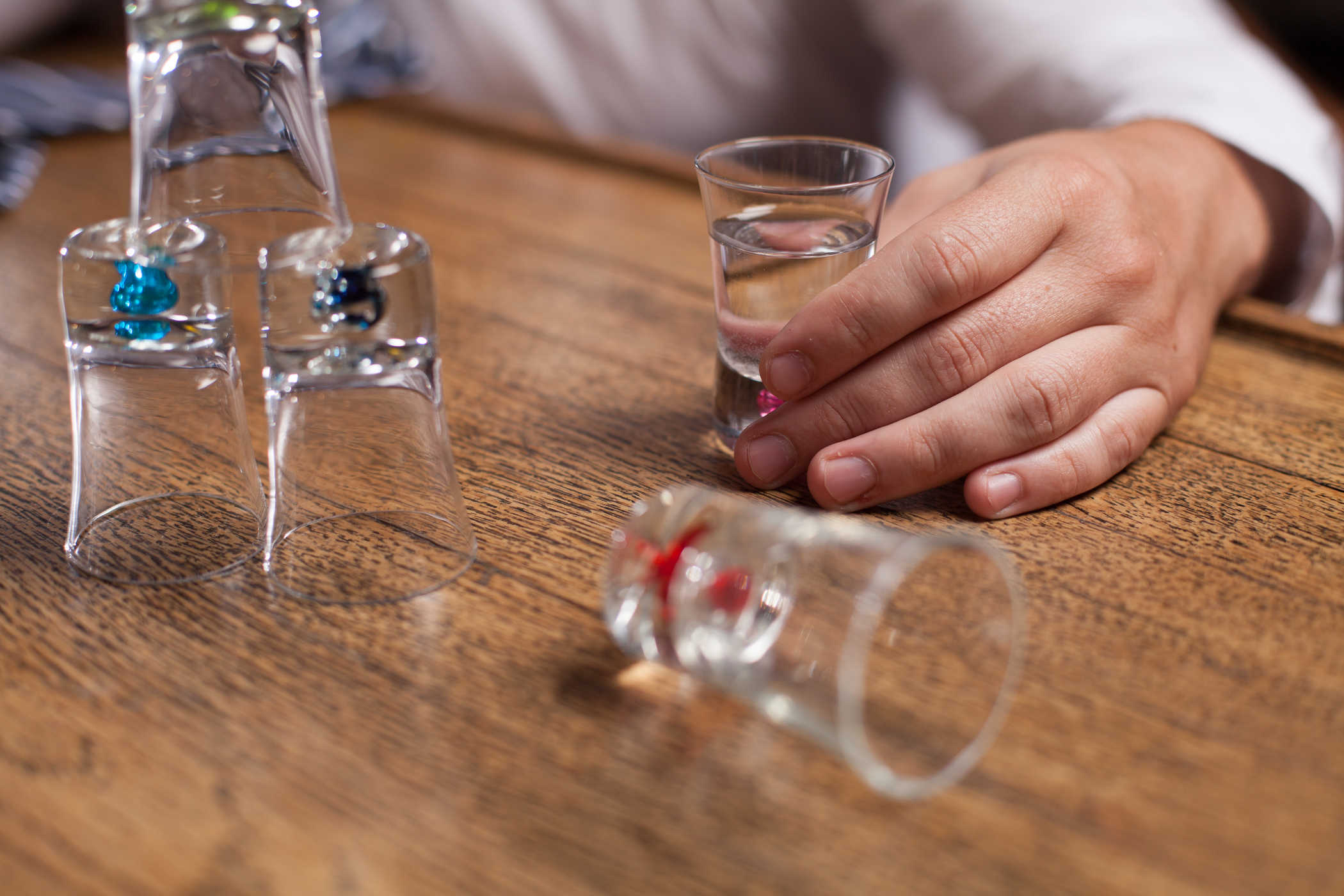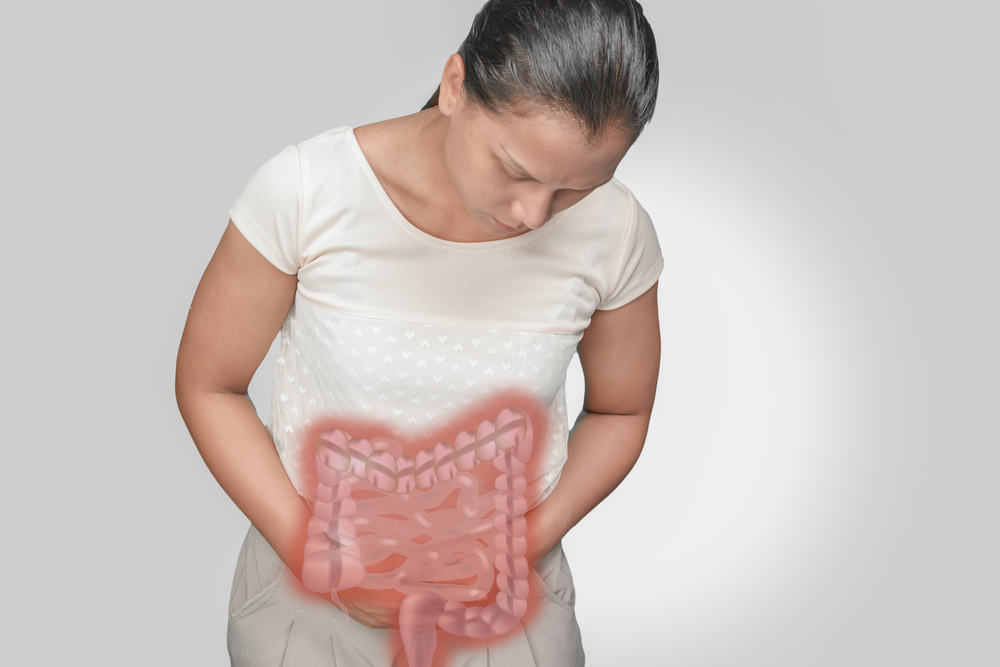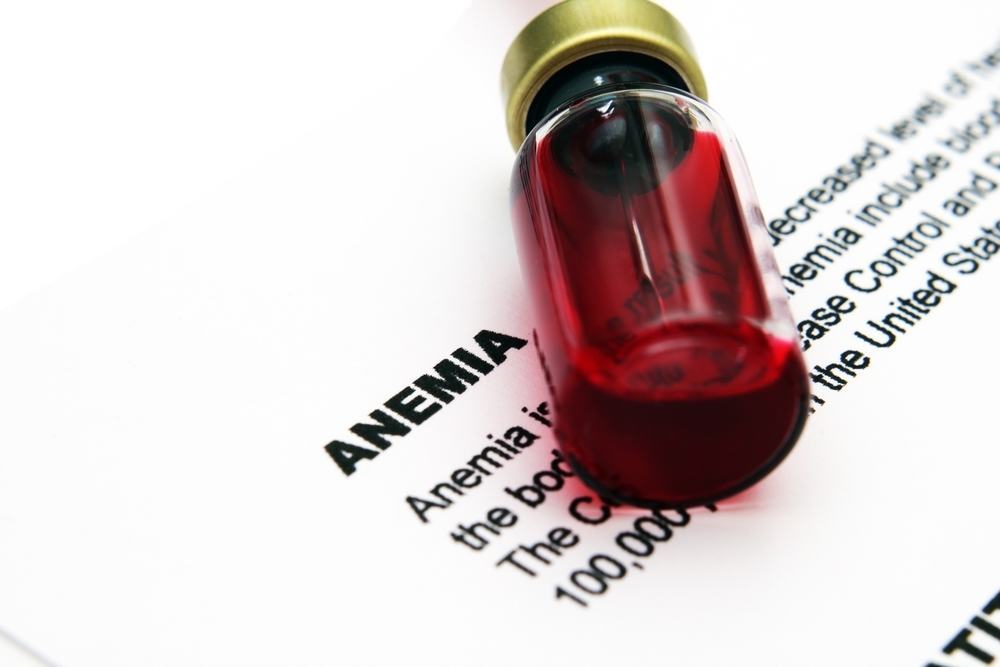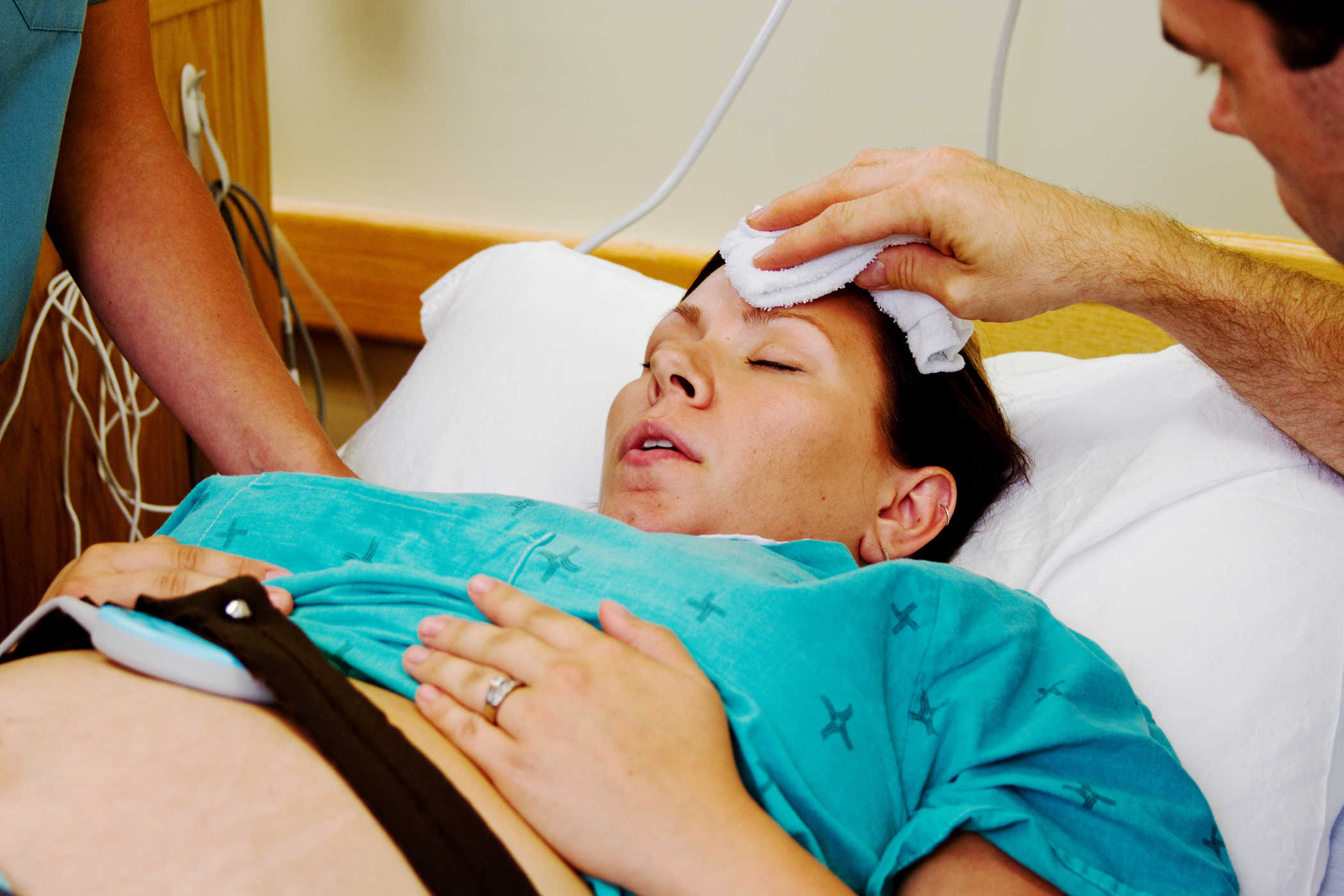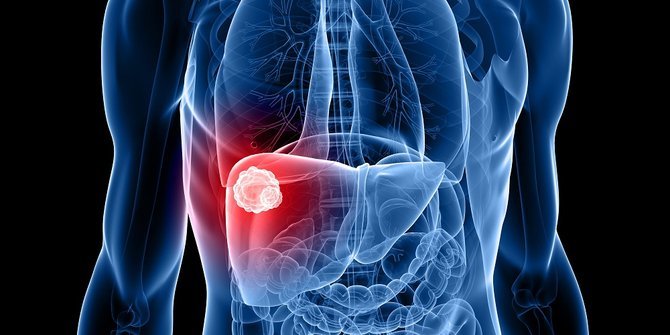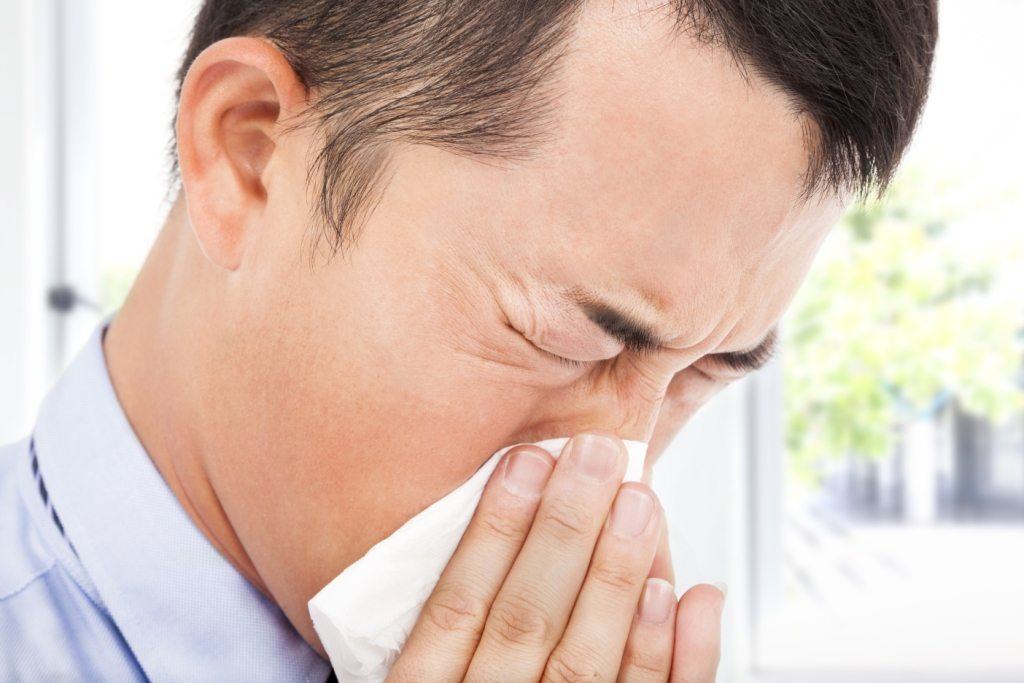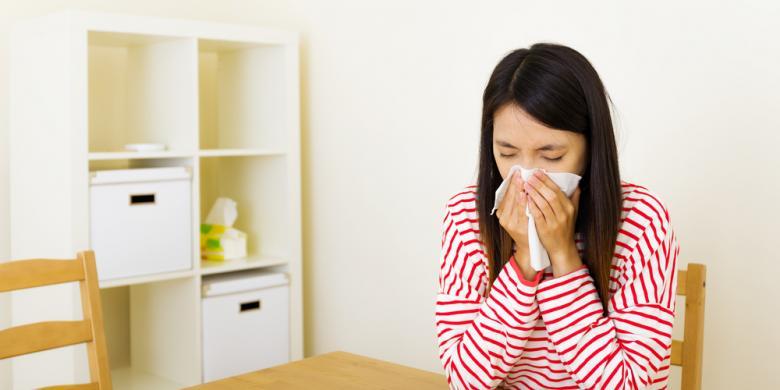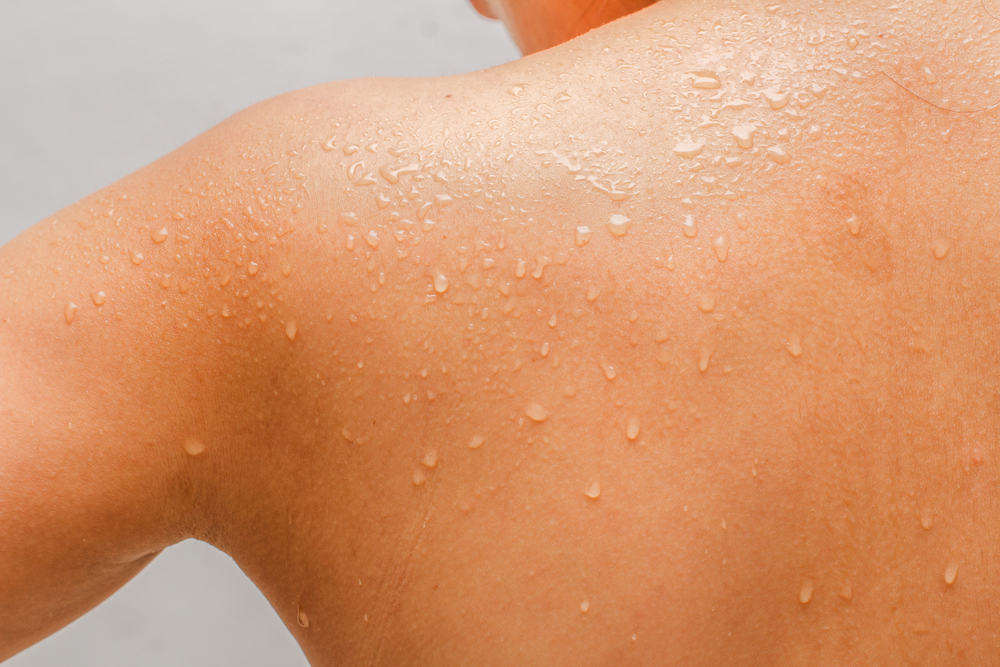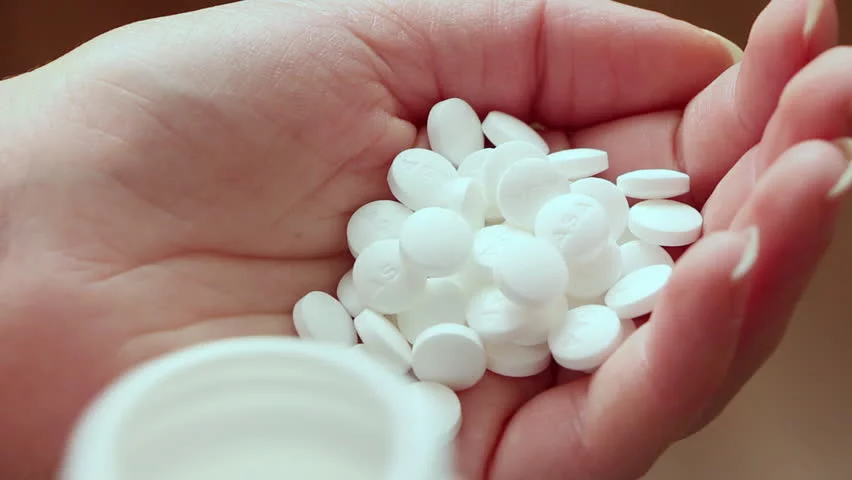Contents:
Medical Video: The Ice Man takes a cold dip - Inside the Human Body: First to Last - BBC One
Hypothermia is a drastic decrease in body temperature, to below 35º Celsius (normal body temperature ranges from 37º Celsius). That is, you lose body heat faster than when the body produces it. The most common cause of hypothermia is exposure to prolonged cold weather conditions - this risk is especially greater in winter.
When is someone at risk of hypothermia?
Indonesia does not have winter, but you can still be at risk of hypothermia from being outdoors when the weather is cold for long periods (such as climbing or swimming), being in a room that has a poor ventilation system, or drowning. Basically, prolonged exposure to a temperature environment cooler than body temperature can cause hypothermia if you are not properly dressed or cannot control the condition. People who cannot move much to produce heat, such as parents, babies, or adults who are sick, are also at a certain risk of experiencing hypothermia.
READ ALSO: Cold Hands Continue? Be Careful, Maybe This Is The Cause
If not treated as soon as possible, hypothermia can be life threatening. Hypothermia must be treated as a medical emergency.
Signs and symptoms of hypothermia
Signs of hypothermia vary depending on how low a person's temperature has dropped. The body shivering is probably the first symptom you notice when the temperature starts to drop because shivering is your body's automatic defense against cold temperatures - an attempt to warm yourself. At first, shivering is usually followed by fatigue, a little confusion, lack of coordination, speech dragging, rapid breathing, and cold or pale skin.
The more the temperature decreases, the shivering becomes more malignant, although it will stop completely if hypothermia worsens. The longer, the pulse tends to weaken and the breath also begins to become more soft and short. You may be delirious and struggling to breathe or move, then gradually lose consciousness. In severe hypothermia, you may be able to lose consciousness without breathing signs or a clear pulse.
READ ALSO: Why Does Cold Air Make Frequent Urination?
A person with hypothermia is usually not aware of his condition because these symptoms of extreme cold often arise gradually. The confusion that the person might display can also lead to risky behavior, for example refusing to wear warm clothes.
Babies with hypothermia may look without problems; shows bright red skin but will feel cold. They may also look lethargic, unusually calm, and refuse to eat.
How do you deal with hypothermia?
Hypothermia is a potentially life-threatening condition, requiring emergency medical attention. Call 11119 or local emergency number if you see someone with signs of hypothermia or if you suspect someone is experiencing excessive and prolonged exposure to cold weather or unprotected water.
If medical treatment is not immediately available, do the following to prevent the victim's body from losing further heat and also try to warm it again.
- If at all possible, move it to a dry and warm room slowly and carefully. Spontaneous and hard movements can trigger a dangerous irregular heartbeat.
- Carefully remove all wet clothes and dry them well. Warm up from the chest and head first. Afterwards protect his body with a layer of blanket and dry clothes while waiting for medical help to arrive. Use your own body heat if there are no other heat sources available.
- If possible, offer warm drinks or high-energy foods, such as chocolate, to warm his body. Only do this if the person can swallow as usual - ask them to cough to see if they can swallow.
READ ALSO: First Aid for Sprains and Sprains
If the victim is unconscious, or does not show a pulse or breathing signs, contact emergency assistance immediately. CPR (pulmonary heart resuscitation) should be given as soon as possible - if you know how - when the pulse cannot be felt and there are no signs of breathing. Check and check the pulse for a full minute before starting CPR, because the heart may beat very slowly and you don't have to start CPR if there is a heartbeat. CPR must be continued without rest, with no signs of breathing or heart rate, until the paramedics arrive or the person is taken to the hospital.
It's important to treat people with gentle and careful hypothermia. After the body temperature starts to rise, keep the person's body dry and wrapped in a warm blanket. Protect the head and neck too. In hospitals, healthcare providers will continue to warm up efforts, including providing warm infused fluids and moist oxygen.
Which must be avoided when overcoming hypothermia
There are certain things that should not be done when helping someone who is experiencing hypothermia because of acting recklessly can worsen the condition, such as:
- Don't warm your body from your hands and feet. Warming the ends of the limbs and legs as a first action can cause shock
- Don't also massage your legs and arms
- Do not immerse the body in warm / hot water
- Don't give alcohol or caffeinated drinks
- Don't use a heating lamp to warm his body
- Do not give drinks or food to consume if the person is unconscious
- If there is no heat source available, patches or hot compresses can be placed on the chest, armpit, neck and groin; but this can cause burns to the skin.
Trying to warm the body that is suffering from hypothermia with hot water, massage, warm compresses, and heat lamps can cause the veins in the arms and legs to open too quickly. This can cause a decrease in blood pressure to vital organs such as the brain, heart, lungs and kidneys, dramatically and has the potential to cause heart attacks and even death.
How to avoid hypothermia?
There are a number of things you can do to prevent hypothermia. Simple steps can help, such as wearing the right warm clothes in cold weather and ensuring that children are protected when they go outside.
Wear a hat or other protector to prevent body heat from escaping from the head, face and neck. Protect your hands with thick gloves. Try to keep the body dry. Be careful to keep your hands and feet dry, because it's easy for cold water to get into gloves and boots. Remove wet clothing as soon as possible, for example after swimming or flooding.
Do not drink alcohol if you are going to linger outdoors during cold weather or before going to bed on a cold night. If possible, keep an eye on sick neighbors and parents to ensure that their homes stay warm during cold weather.

